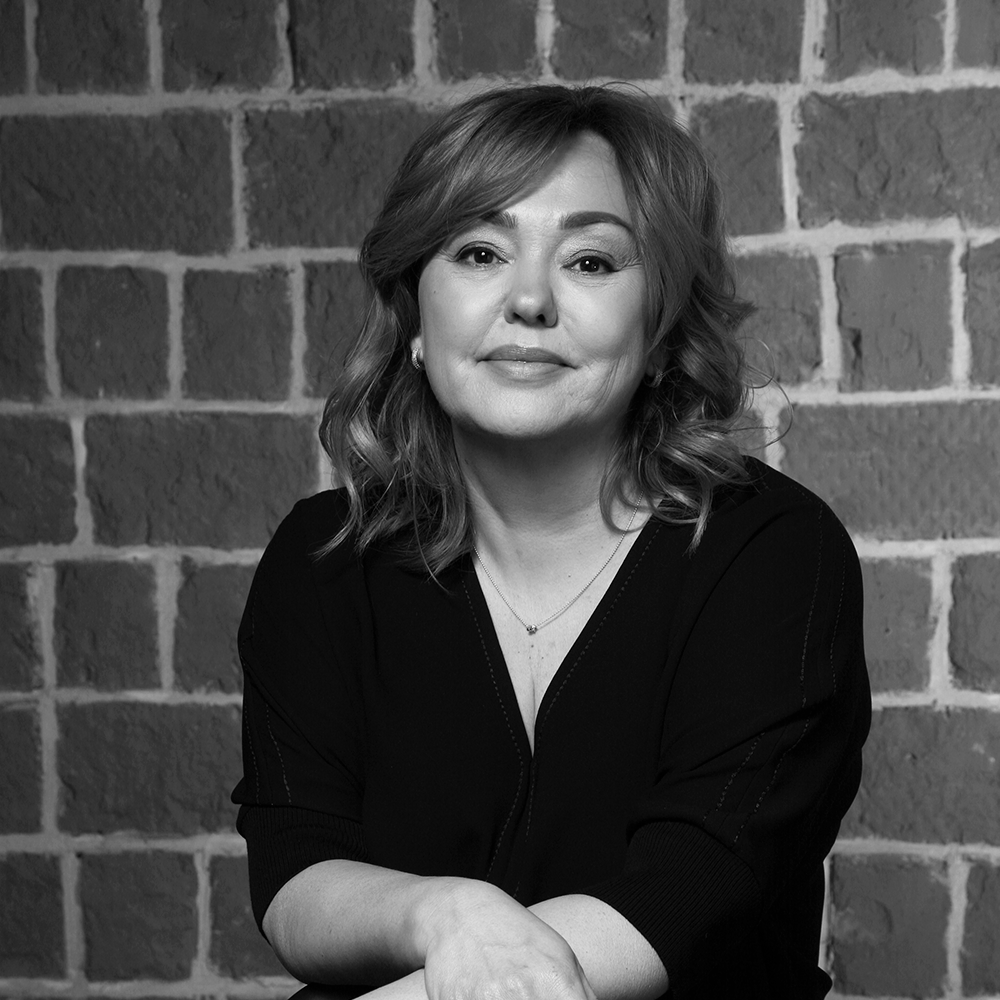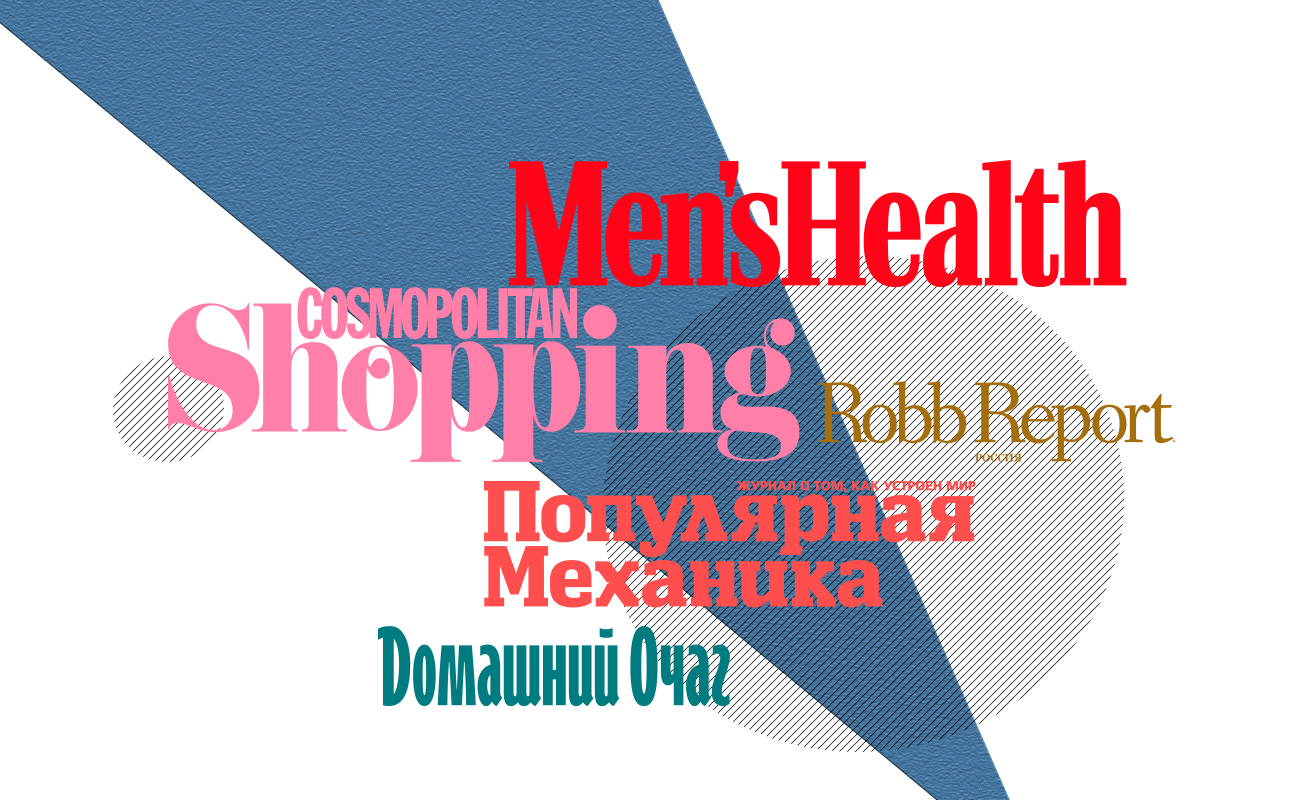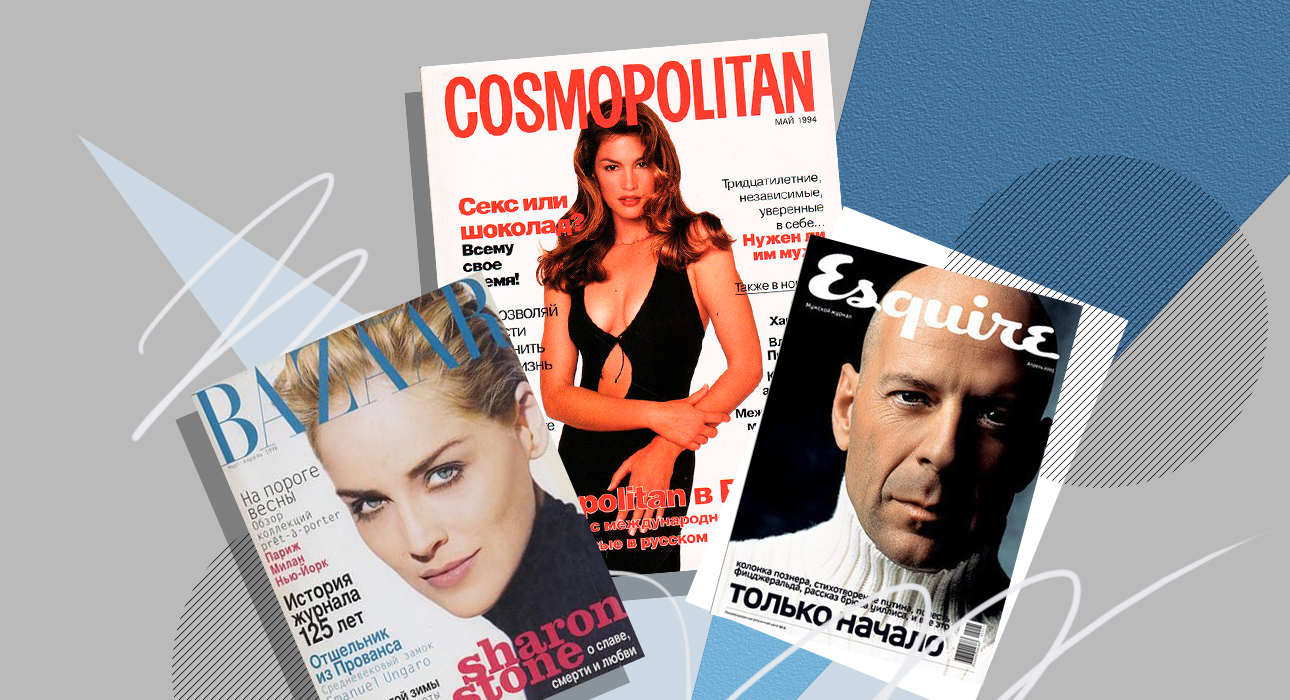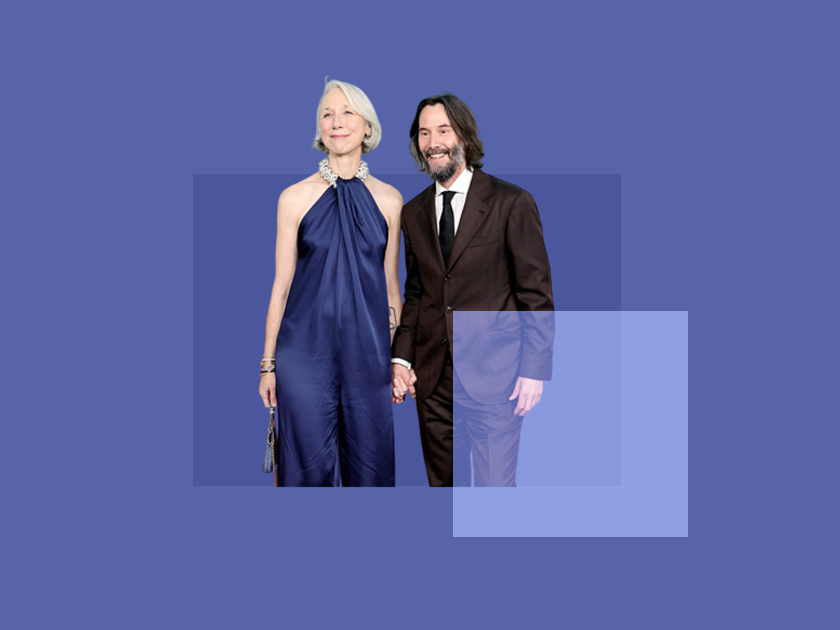In the past few months, the Russian market for glossy journalism has changed literally beyond recognition: international publishing houses suspended their activities (only recently farewell messages from employees of Condé Nast, who produced Vogue, GQ, Glamour, Tatler, AD, flooded social media networks) and the rest had to adapt to the new conditions. This happened, for example, with media owned by Independent Media (Esquire, Cosmopolitan, Harper’s Bazaar, Good Housekeeping (“Household”) and Men’s Health) whose licenses were revoked by the American conglomerate Hearst. This happened almost two months ago, on March 10, but it was not entirely clear what this review meant in practice, and Sergey Minaev, editor-in-chief of the Russian Esquire, said goodbye to the readers on behalf of the brand, while the holding’s official, for example, managing shareholder Marina Zhigalova, according to the situation In the statement, he said: “Independent Media continues to work in its current operating mode, digital platforms are active, April issues are published, May and June are being prepared. ”
Still, you have to say goodbye to the usual name of Cosmo – very soon it will work under a new name. What other changes await these and other IM brands, which was discussed with the CEO of the holding, Natalia Vesnina.

Independent Media owns several major media brands. Which one stays on the market and in what form?
Taking into account the launch of Men’s Health last year, IM’s portfolio includes 10 multimedia brands, most of which we have sold under license from Hearst until recently. In the near future, this number will be preserved. We understand that circumstances can come in at any time, but we will make every effort to keep things as they are.
Projects emerging under the Hearst brands will run under new names, but will otherwise be new versions of familiar products with an expanded concept made possible due to the removal of license restrictions.
We will release local versions gradually and you will learn some of the new names very soon. Grazia and Robb Report will continue to operate in the normal format.

In our case, the license is the ability to use the best cases of the parent company as well as the brands. Accordingly, on the first (and main) turn, the cancellation of a license in our case means a forced change in the name of the Hearst brands that we are gradually implementing. Of course, this process cannot be called comfortable because it was our local teams that gave meaning to these brands, put their soul into them, actively developed them on all platforms and made them favorites of the Russians.
We are grateful for Hearst’s cooperation, but now we have a great chance to move forward on our own.
What will remain unchanged is our core team and technology platform, including editors-in-chief.
Today, the “death of prints” no longer seems like a guess but a fait accompli. Does this affect the operation and publication of journals? I?
Not only are we talking about print for a long time, our holding has been a leader in digital audience coverage for quite some time – over 90% of the users of our resources are generated by our digital platforms, and our editorial staff works for the whole brand, not just the magazines that are part of the brand. At the same time, of course, they are also very valuable to us. But let’s take a healthy look at the situation.
There is already a marked shortage of coated paper and printing components, and if nothing changes, there will be nothing left to physically print on.
Still, other things being equal, the issue of continuing repression in one form or another remains open to us. We are seeing interest in print versions from advertisers and readers alike.
What do you think is missing in Russian glossy journalism?
In general, if “teeth” and exclusive. If we talk about ourselves, now that all restrictions are lifted, I think we will further transform our communication with the user, give it a new voice, which I think is very important in times of universal resending, fake and missing. healthy acuity of subjects.
How has the departure of major advertising brands from Russia affected the work of IM projects, and what financial estimates can you give? How and according to what do editorial offices live now?
Advertiser exit is a common problem in the industry. The departure of Western brands certainly did not go unnoticed for us, and this is one of the reasons why we took a break with the release of some print issues until the fall. However, our digital platforms guarantee us sustainability and provide sufficient income for company operations.
How do you think, after all the current events, the bright market and the remaining broadcasts will change and adapt to the new reality?
There are not many options here: either leave it or localize the products. And among those who want to stay, it will be easier for those who, like us, rebuilt their businesses long ago and focused on digitization. We chose the second option for ourselves, and we strongly believe in it.
Source: People Talk





